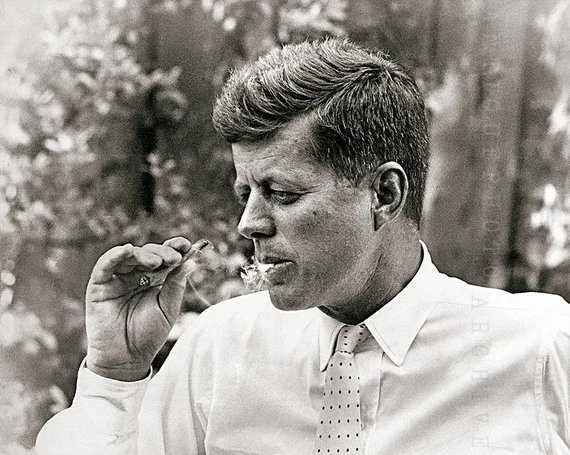posted on 16th of may 2024 - Club Media
History and Evolution of Coffeeshops in the Netherlands
Early Beginnings
The origins of the Dutch coffeeshop culture can be traced back to the 1970s. During this time, the Netherlands faced a growing problem with hard drugs, which led to a pragmatic approach to drug policy. In 1976, the Dutch government revised its Opium Act, distinguishing between “soft” drugs, like cannabis, and “hard” drugs, such as heroin and cocaine. This separation aimed to focus law enforcement resources on combating hard drug trafficking while tolerating the sale and use of cannabis under controlled conditions.
The First Coffeeshop: Mellow Yellow
In 1972, the first official coffeeshop, Mellow Yellow, opened its doors in Amsterdam. Unlike traditional establishments, Mellow Yellow operated in a gray area of the law, selling cannabis to patrons in a relaxed and sociable environment. The success of Mellow Yellow paved the way for other entrepreneurs to follow suit, leading to the proliferation of coffeeshops throughout the country.
Policy Development and Regulation
The 1976 revision of the Opium Act marked a significant turning point for cannabis policy in the Netherlands. This new legislation laid the foundation for the “gedoogbeleid” (tolerance policy), which allowed the sale of small quantities of cannabis in licensed coffeeshops. The primary objectives were to separate the cannabis market from the hard drug market and to prevent the criminalization of cannabis users.
To ensure that coffeeshops operated within the legal framework, several key regulations were introduced:
Coffeeshops were prohibited from advertising their products.
Sales were limited to a maximum of 5 grams of cannabis per person per day.
Coffeeshops were not allowed to sell hard drugs or alcohol.
Minors (under 18) were not permitted to enter or purchase cannabis.
The 1990s and Early 2000s: Growth and Challenges
During the 1990s, the number of coffeeshops in the Netherlands peaked, with over 1,500 establishments operating across the country. Amsterdam, in particular, became a hotspot for cannabis tourism, attracting visitors from around the world. However, the rapid growth of the coffeeshop industry also brought challenges. Concerns about public nuisance, drug tourism, and the proximity of coffeeshops to schools led to increased scrutiny and calls for stricter regulations.
In response, the Dutch government implemented various measures to address these issues. The introduction of the “distance criterion” required coffeeshops to be located at least 250 meters away from schools. Additionally, municipalities were given greater autonomy to regulate the number and location of coffeeshops within their jurisdictions.
The Cultural Impact
Coffeeshops have had a profound cultural impact on the Netherlands, influencing various aspects of Dutch society. They have contributed to the country’s reputation for tolerance and liberalism, fostering an environment where responsible cannabis use is accepted. Coffeeshops have also become an integral part of Amsterdam’s identity, drawing millions of tourists and generating significant economic benefits.
Moreover, the coffeeshop model has inspired debates and discussions about drug policy reform worldwide. Many countries have looked to the Dutch approach as a potential framework for their own cannabis regulations, highlighting the influence of the Netherlands on global drug policy discourse.
Recent Developments and Future Outlook
In recent years, the Dutch government has continued to refine its cannabis policies. One notable development is the “Wietexperiment” (Weed Experiment), a pilot program aimed at regulating the entire cannabis supply chain, from cultivation to sale. This experiment seeks to address the “backdoor problem,” where coffeeshops can legally sell cannabis but face difficulties in legally sourcing it.
The future of Dutch coffeeshops remains uncertain as societal attitudes towards cannabis evolve and new regulatory challenges emerge. However, the resilience of the coffeeshop culture and its ability to adapt to changing circumstances suggest that these establishments will continue to play a significant role in Dutch society for the foreseeable future.
Conclusion
The history and evolution of coffeeshops in the Netherlands is a testament to the country’s pragmatic and progressive approach to drug policy. From the pioneering days of Mellow Yellow to the current regulatory landscape, coffeeshops have navigated numerous challenges while maintaining their cultural significance. As the Netherlands continues to lead the way in cannabis policy innovation, the coffeeshop culture stands as a unique and enduring symbol of Dutch tolerance and liberalism.
1. History and Evolution of Coffeeshops:
2. Cannabis Laws and Regulations:
3. Cultural Impact:
4. Recent Developments:

